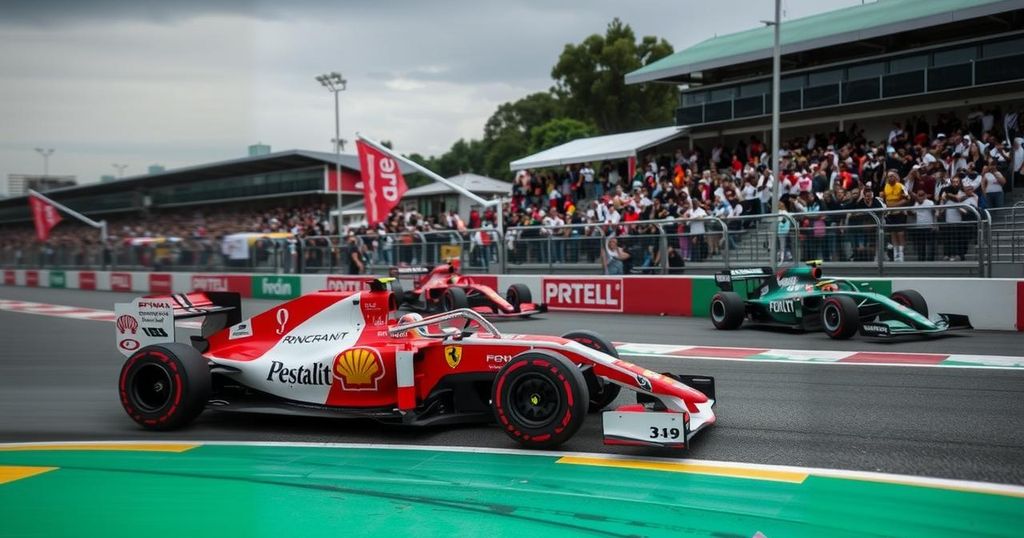The article discusses the inappropriateness of hosting Formula 1 races in Rwanda, South Africa, and Thailand due to their socio-economic challenges. Despite efforts to secure funding and promote tourism, these nations face significant poverty and infrastructure concerns that should take precedence over hosting extravagant events. It calls for a reevaluation of priorities from F1 and FIA to invest in local needs rather than financial ventures focused on international tourism.
As Formula 1 teams and drivers revel in their off-season break, nations like Rwanda, South Africa, and Thailand are clamoring for a place on the F1 calendar. However, these countries share a concerning trait: they face pressing socio-economic challenges that demand prioritization over hosting grand prix events. Gayton Mckenzie, South Africa’s sports minister, noted the disproportionate representation of Africa in F1, emphasizing that while Europe hosts ten Grands Prix, Africa boasts none. This disparity calls for a reevaluation of priorities where national funds may be diverted to finance a lavish event rather than addressing fundamental societal needs.
Despite aspirations for a grand prix in South Africa, the financial reality remains stark; securing sponsorship has proven elusive, essentially rendering hopes of a return to Kyalami as distant. If successful, these endeavors would likely require the utilization of public funds, a point that raises ethical questions, especially in nations with significant poverty rates. Citizens facing daily struggles with basic utilities and food security are not likely to prioritize a high-profile race over essential services.
Furthermore, past experiences, such as with the Malaysian Grand Prix, highlight the precarious financial balance of hosting such events, which often result in more expenditure than revenue generated. The expectation that foreign tourists would flock to a race is often wishful thinking, especially when the costs involved are prohibitive. Thus, the likelihood of financial disaster looms large unless sustained government funding is provided.
In relation to South Africa, there is a stark contradiction between receiving development aid and simultaneously attempting to fund a Grand Prix. The FIA and F1 authorities need to reconsider their strategies in these nations. If they genuinely value making motorsport accessible in Africa and economically disadvantaged regions, they should consider waiving organizational fees, offering affordable ticket prices for locals, and investing in grassroots motorsport initiatives. Such a shift could create a compelling reason to host a Grand Prix while fostering local engagement and nurturing future talent.
The push for including countries like Rwanda, South Africa, and Thailand in the Formula 1 calendar reflects ongoing efforts to globalize the sport. However, beneath the surface of this ambition lies a pressing debate concerning social priorities. These nations face significant challenges related to poverty, infrastructure, and basic living standards, which raise questions about whether the extravagant expense of hosting an F1 event is justifiable in the face of local needs. The notion that high-profile sporting events can be financially beneficial is challenged by historical precedents, necessitating a critical examination of the implications of F1 expansion in these regions.
In conclusion, while the pursuit of hosting Formula 1 races in Rwanda, South Africa, and Thailand reflects an ambition to elevate the sport’s global reach, the socio-economic realities of these nations must take precedence. It is imperative for F1 and FIA to align their objectives with the needs of local populations, prioritizing essential services and community development over extravagant events. A more responsible approach could potentially yield sustainable benefits for both motorsport and the communities involved.
Original Source: www.gpblog.com






